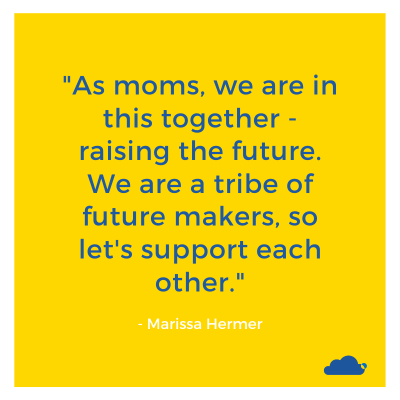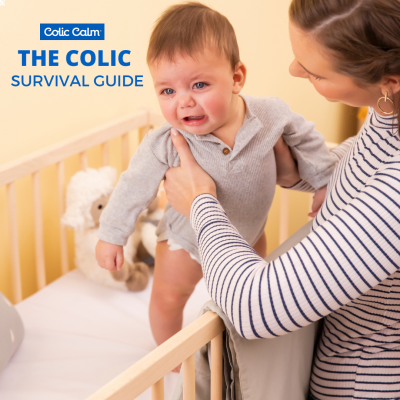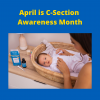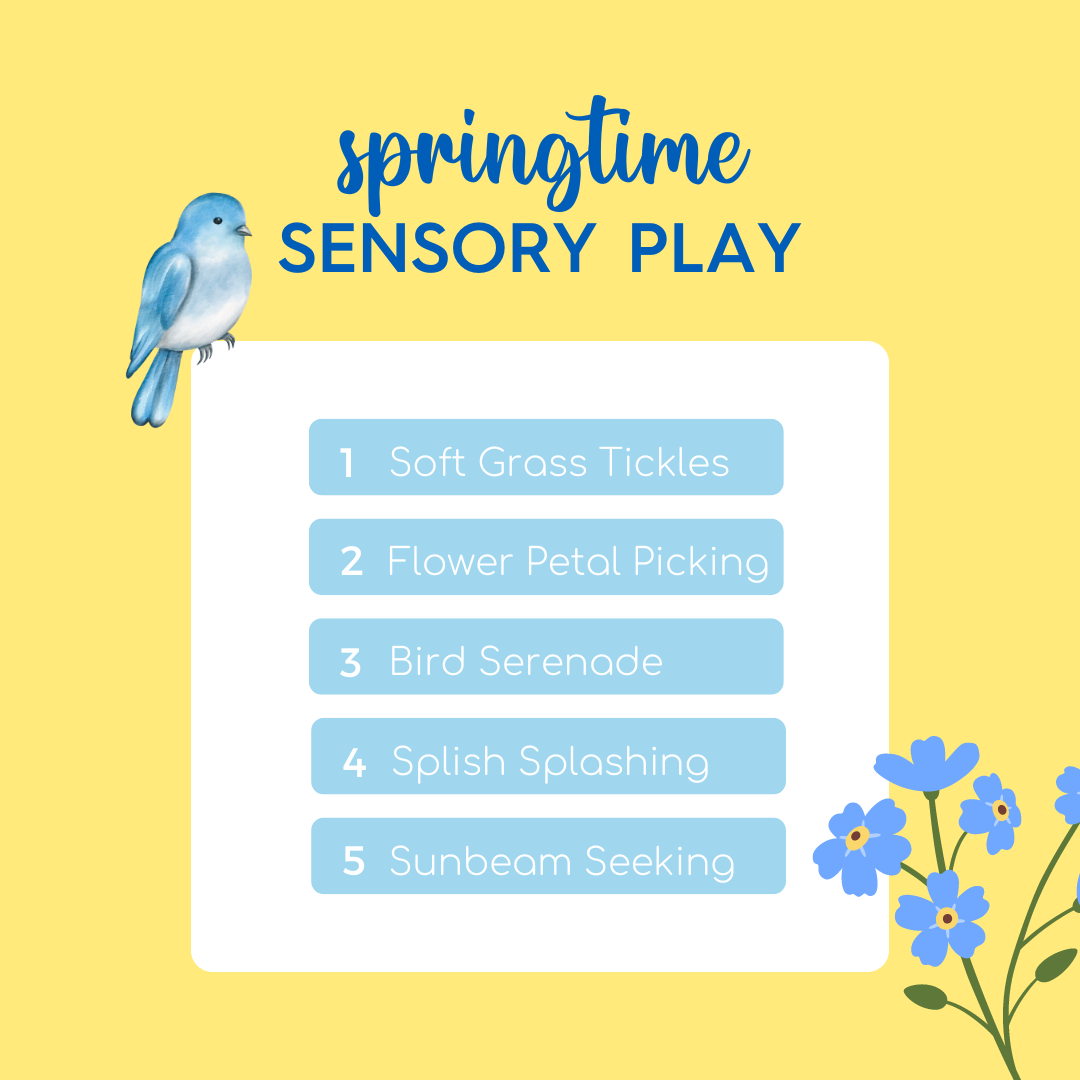The Advantages of Breastfeeding for Mom and Baby

To breastfeed or not to breastfeed? While the decision ultimately comes down to your preference and personal decisions, it’s important to know as much about breastfeeding before your baby is born. Today, we want to explore the benefits of breastfeeding so that you can make an informed decision.
Breastfeeding can provide a unique bonding experience between mother and child. However, it can also be nerve-racking for first-time moms. It’s important to remember that breastfeeding is a learned skill, so do not become discouraged if it does not come naturally. Try to remember to give yourself grace as you embark on the journey of parenthood.
Before the Baby is Born
• Talk with your doctor.
◦ Before the baby arrives, talk with your doctor about any supplements, medications, or birth control you normally take to be sure that they won’t impact breastfeeding. Hospitals will often have lactation counselors as well to help with the transition once your little one arrives.
• Talk to friends/family members who have breastfed before.
◦ If this is your first child, it can be helpful to talk with those that have breastfed before you. Talk with a trusted friend or family member about their joys and struggles of breastfeeding or join a breastfeeding support group. These groups can also help to answer any questions you may have.
• Take a prenatal class.
◦ Many organizations and hospitals offer classes that will teach you how to breastfeed. There are also many prenatal courses you can take online if you'd rather take the virtual route.
• Gather all necessary breastfeeding supplies.
◦ It’s important to have a breast pump, nursing bras, nipple pads, nursing covers, a nursing pillow, and more before the baby arrives. If you have health insurance, the cost of breast pumps and other breastfeeding equipment may be covered. Talk with your insurance provider to inquire about the potential breastfeeding benefits they offer.
Benefits of Breastfeeding for Baby
• Prevents illnesses
◦ Did you know that breastfeeding can prevent illnesses? It’s believed by scientists that your baby’s saliva transfers a “message” to your body when breastfeeding to help modify the nutrient and antibody content of your milk. This allows your breastmilk to adapt to your baby’s everchanging needs, making your milk the perfect cocktail for your little one to fight off diseases.
◦ The American Academy of Pediatrics says that breastfeeding can reduce the chances of asthma, diarrhea, ear infections, urinary tract infections, childhood obesity, and many more illnesses.
• Helps develop digestive tract
◦ Some formulas are made of cow’s milk and can be tough on your little one’s delicate digestive system. It takes time for a baby’s stomach to adjust to non-human milk. Breastmilk helps to line your baby’s digestive tract with bifidobacteria (helpful bacteria that prevent the growth of harmful organisms).
• Jaw development
◦ It is tougher for a baby to suck milk out of a breast than a bottle. For this reason, breastfeeding can help with jaw strength and development. Breastfeeding also helps to the growth of straight and healthy teeth.
• Skin-to-skin contact
◦ Physical affection is very important for newborns and mothers alike. Skin-to-skin contact provides a sense of comfort and security while boosting a mother’s production of oxytocin, a hormone that helps you stay calm and encourages the flow of breastmilk.
Benefits of Breastfeeding for Mom
• You don’t have to worry about bottles
◦ Of course, there are no bottles necessary when it comes to breastfeeding. You can feed your child immediately and with little preparation while breastfeeding. When it comes to bottle-feeding, you’ll have to sterilize bottle nipples, keep enough bottles on-hand, and mix the formula. It can be time-consuming.
• Can lower risk of diseases
◦ Breastfeeding can also help lower the risk of diseases for the breastfeeding mother and can lead to decreased risk of postpartum bleeding. Breastfeeding can also help your uterus return to normal more quickly.
• May help to lose weight
◦ On average, breastfeeding burns an extra 800 calories a day, and even more than that after the first three months. If you suffer from gestational diabetes during pregnancy, breastfeeding could help your body return to a healthier weight.
• Can save money
◦ Did you know that formula costs over $1,500 per year, and gets more expensive as your baby grows and needs to eat more? When breastfeeding, you’ll need to pay for the necessary materials upfront, but the cost usually isn’t a large ongoing expense.
Resources for Breastfeeding
There are many resources that can help you prepare to breastfeed before your baby arrives, as well as plenty of resources that can provide ongoing support when you do begin to breastfeed. Below is a list of a few breastfeeding resources:
•La Leche League International
◦ La Leche League’s mission is to “help mothers worldwide breastfeed through mother-to-mother support, encouragement, information, and education, and to promote a better understanding of breastfeeding as an important element in the healthy development of baby and mother.”
◦ The La Leche League’s website provides several breastfeeding resources, such as webinars and blog posts. You can also find a La Leche League Leader or Group near you for continued breastfeeding support.
•National Women’s Health and Breastfeeding Hotline (1-800-994-9662)
◦ If you have a women’s health question or are having trouble breastfeeding, you can call the National Women’s Health and Breastfeeding Hotline anytime between 9 a.m. and 6 p.m. ET Monday through Friday at 1-800-994-9662.
◦ Here are a few common questions they hear about women’s health:
- Why is my period irregular?
- What can I do about cramps?
- How can I increase my breastmilk supply?
- How do I know my baby is getting enough to eat during breastfeeding?
- How do I know if I am starting menopause?
- I have a health problem and don't know if I should call my doctor.
 Canada
Canada South Africa
South Africa UK
UK EU & Int
EU & Int Ireland
Ireland Australia
Australia Brazil
Brazil New Zealand
New Zealand


















Comments